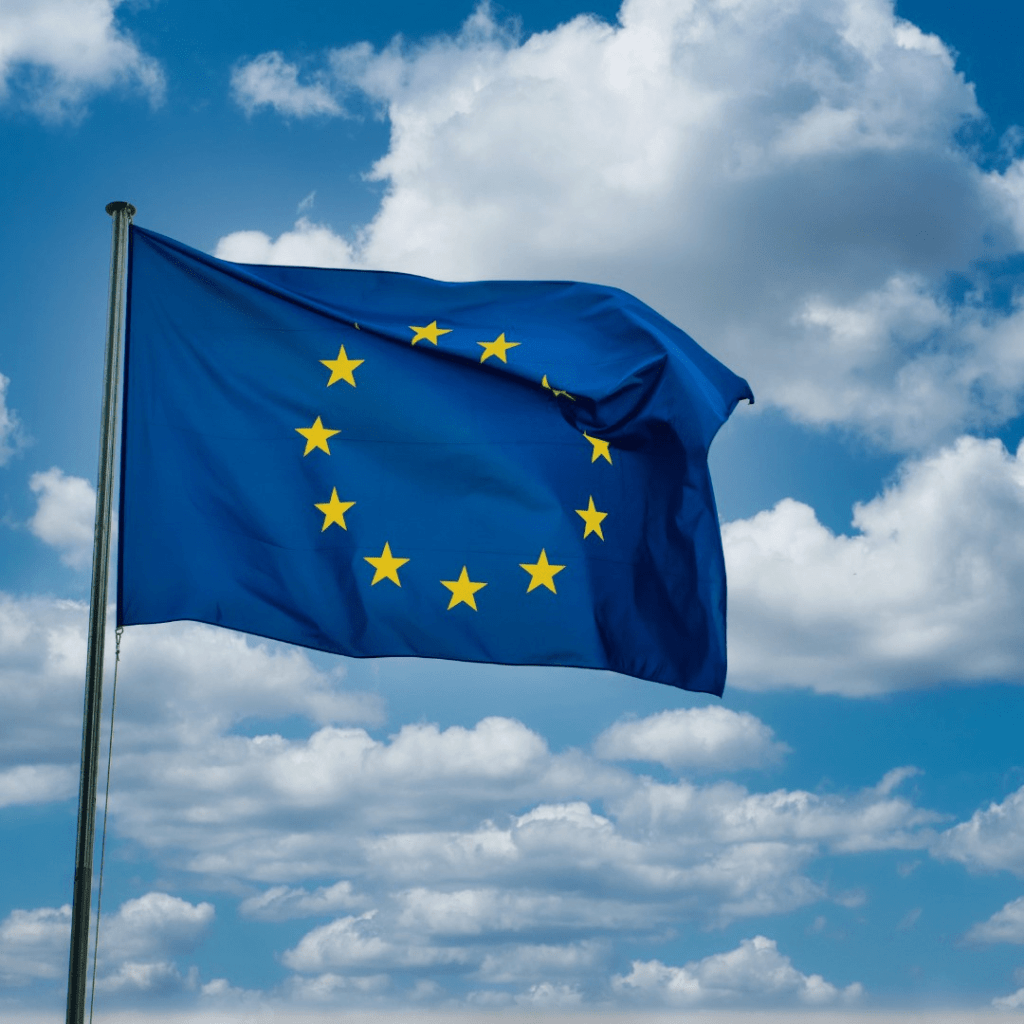A provisional agreement was reached recently between the European Parliament and the European Council to amend the European Union’s ecodesign framework for sustainable products.
Negotiators from Parliament and Council collaborated on revising the “ecodesign” regulation, intending to enhance various aspects of product life cycles. The goal is to make products more durable, reliable, easily reusable, upgradeable, repairable, and recyclable, while also promoting reduced resource, energy, and water usage. The Commission will specify detailed product requirements through subsequent legislation.
In addition, negotiators emphasized the need for ecodesign requirements to tackle issues related to premature obsolescence, which occurs when a product becomes non-functional or less effective due to factors such as design features, unavailability of consumables, lack of spare parts, or absence of software updates.
A key development initiated by Parliament involves the prioritization of specific product groups in the Commission’s initial working plan, to be adopted within nine months of the legislation coming into effect. The prioritized products encompass iron, steel, aluminum, textiles (including garments and footwear), furniture, tires, detergents, paints, lubricants, and chemicals.
To empower consumers with informed purchasing choices, negotiators agreed to implement digital “product passports” containing accurate and current information. The Commission will manage a public web portal allowing consumers to search and compare information included in these product passports.
The agreement also introduces reporting requirements for economic operators who discard unsold goods. A specific ban on the destruction of unsold apparel, clothing accessories, and footwear is set to take effect two years after the law’s enactment (six years for medium-sized enterprises). The Commission may later expand the list of unsold products subject to destruction bans.
The next steps involve formal approval of the agreement by both Parliament and Council after technical-level work is completed. The background of this agreement traces back to the Commission’s proposal on March 30, 2022, seeking to establish a general framework for ecodesign requirements for sustainable products. This proposal, part of a circular economy package, extends beyond energy-related products to cover almost all items on the internal market, excluding food, feed, medicinal products, and living organisms.
